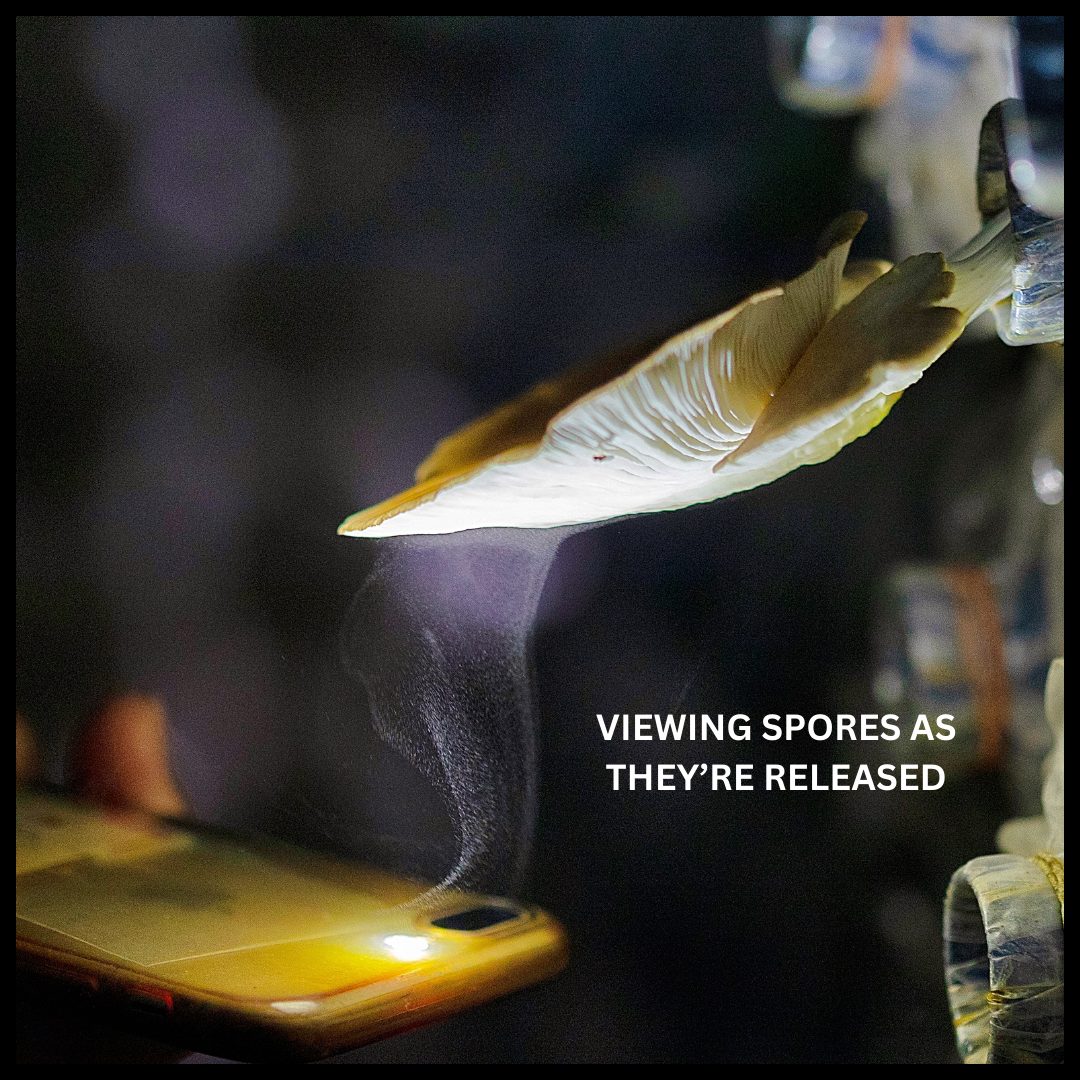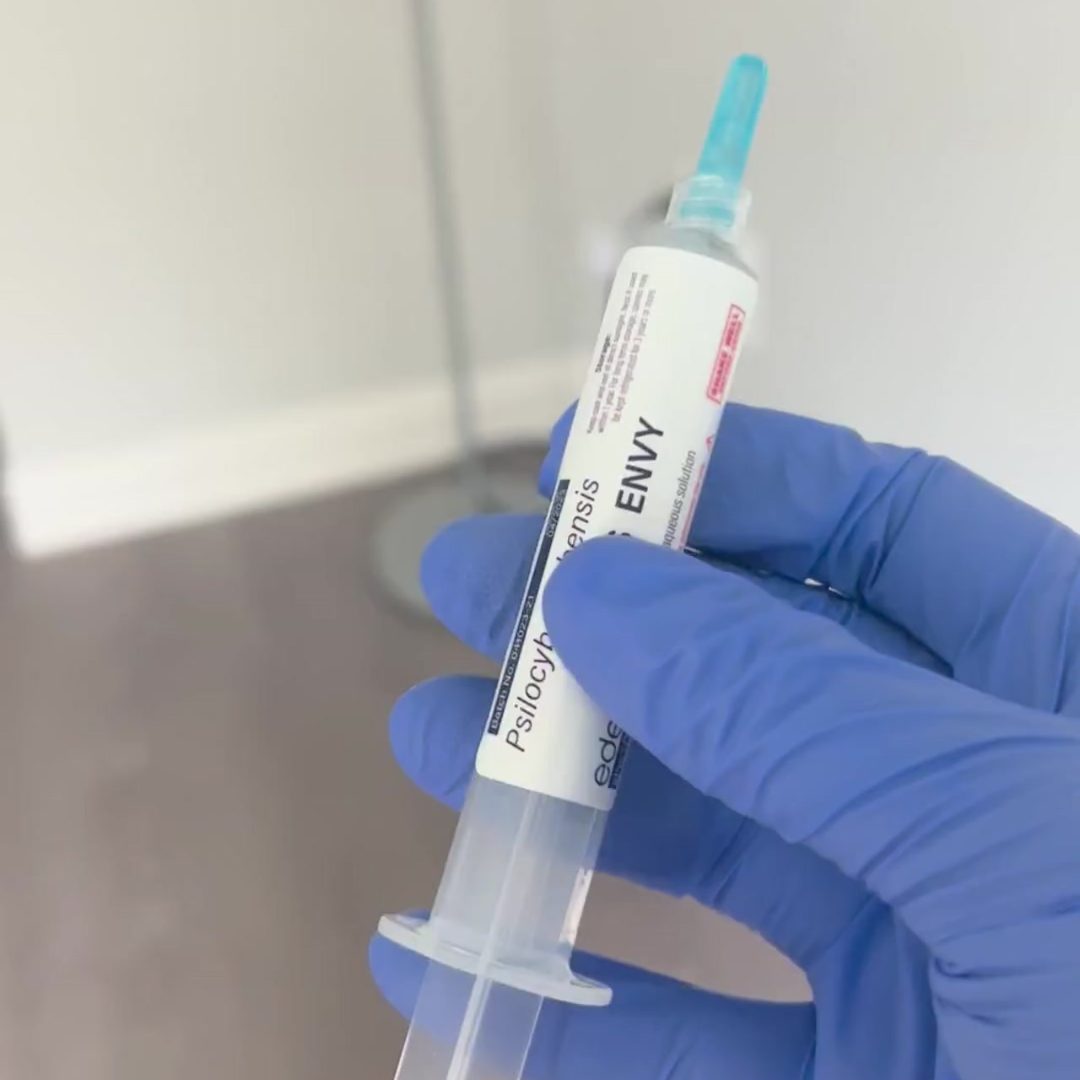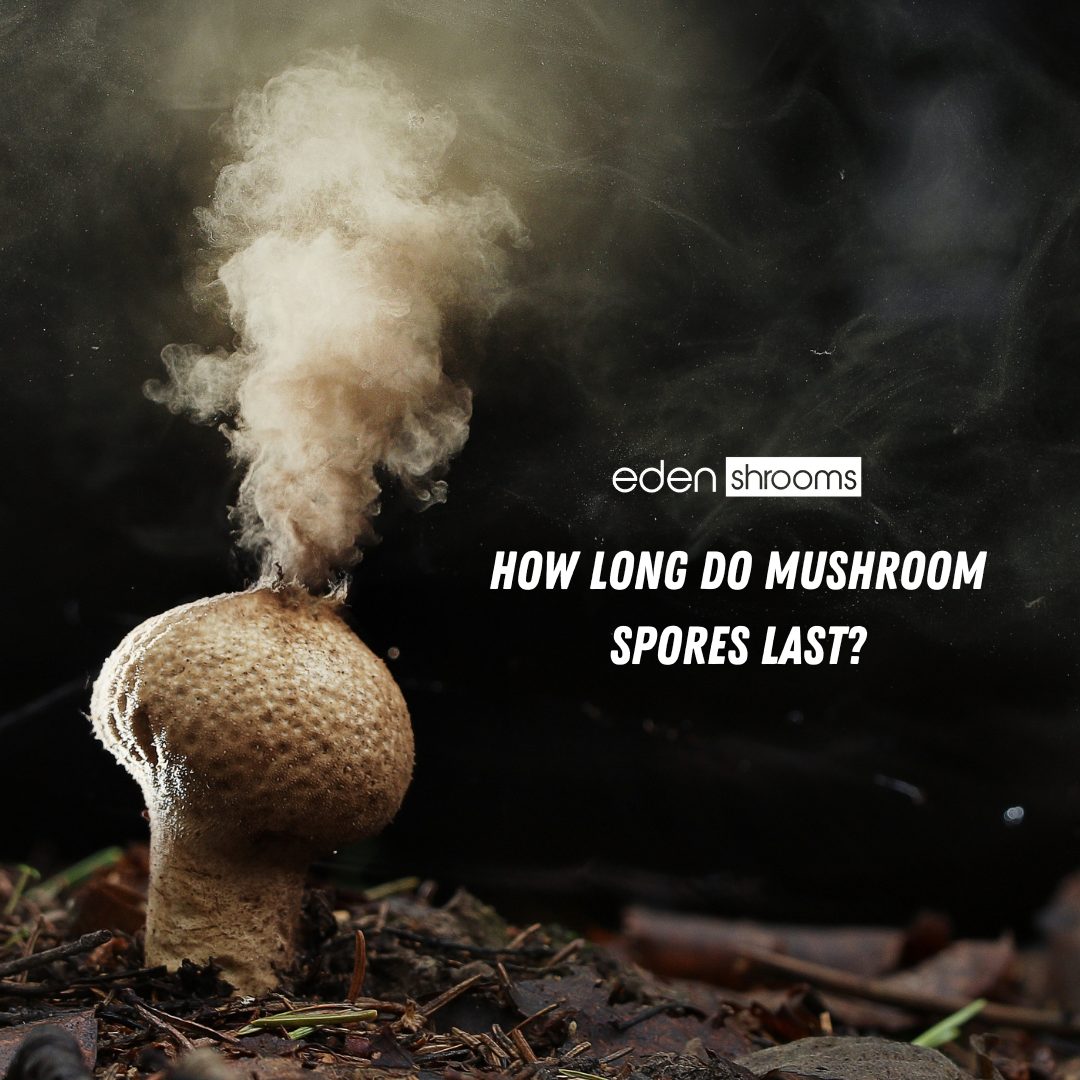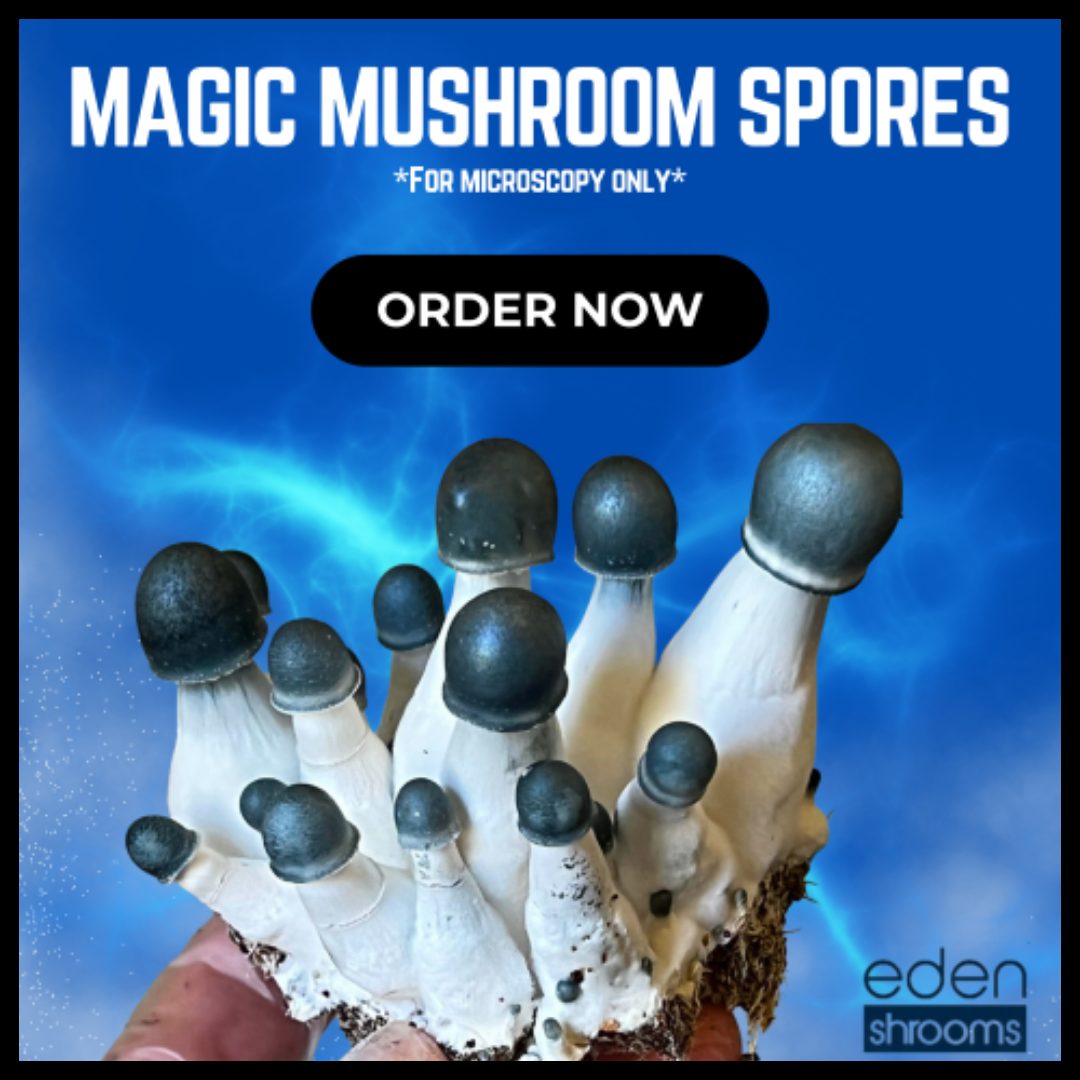Mushroom spores are commonly used for microscopy, cultivation, or even consumption. Whether you bought mushroom spores online or sourced them in the wild, you’re probably wondering how long they are able stay healthy & viable. In this article, we’ll discuss the shelf-life of spores, as well as a few easy ways to store them. Let’s dive in!
How Long Do Mushroom Spores Last?
When it comes to the various uses of mushroom spores, viability and fully intact spores is half of the battle. Lucky for you, spores are very resilient reproductive units, and can withstand the tests of time & temperature pretty well. Spores can last many years if stored properly. However, without proper storage, spores will only stay clean & healthy for months.
According to this NIH article, some spores can survive for thousands of years if in the right conditions, but most spores exist in unfavorable conditions (direct heat, freezing, etc) and do not last nearly as long. Still the resilience of a mushroom spore is hard to comprehend!

What causes mushroom spores to go “bad?”.
Like we mentioned, mushroom spores are capable of surviving enormous time periods. However, the vast majority don’t survive very long at all. So, what happens to them? In the wild, most spores are either consumed, degraded by intense heat & weathering, infected, etc. In a lab-setting, many spores are mistakenly killed by freezing or leaving them in direct heat as well.
Do Spores Lose Their Potency Over Time?
Spores don’t have any psilocybin or active compounds in them, and so you don’t need to worry about them “losing potency”. However, spores may become less “viable” over the years, meaning they are less able to germinate and form a primary mycelial colony. Typically, it’s best to research and work with spores when they are fresh and healthy.
How Do I Extend The Shelf Life Of Spores?
So, let’s say you just harvested spores or bought some magic mushroom spores. What can you do to ensure that they last long without contamination and without decreasing their viability? Here are our top 3 suggestions to extend the life of your spores;
Refrigerate your mushroom spores
Simply put your spores into a refrigerated area, and their lifespan is extended considerably. The cool air helps quell any competing microbes while not being too cold to kill the spores. Beware, however, do not put your spores in contact with food as it increases chances of contamination.
Store your mushroom spores in darkness
Too much light or heat can damage the structure of a spore, or encourage it into germination prematurely. While a bit of sunshine won’t impact your spores too much, it’s best to play it safe and keep them in a dark area. Doing so will mitigate any of the risks created by heat and light.
According to this detailed USDA document, heat is effective in killing molds and other fungi as it inhibits their spores’ ability to germinate and spread.
Add spores to a sterile solution
Another great way to extend the life of your spores is simply to suspend it in liquid and create a spore syringe. This ensures that the spores are sterile, healthy, and full of vigor.
You can also skip the effort by simply buying spores that are already packaged into spore syringes.

Storage Techniques to Avoid
- Spores should not be frozen
- Spores should not be left in high heat or direct sunlight
- Spores should be kept away from food and other contaminants
- Spores should only be kept in water if it is a sterile solution
How To Tell If My Spores Are Contaminated
Even if you take all proper measures, you’ll occasionally run into some contamination issues. There are so many molds, bacteria, and microbes all around us that it’s hard to avoid 100% of the time. Your mushroom spores (spore prints, swabs, syringes, etc) may show these signs of contamination;
- Green fuzz
- Black coating
- Fuzzy cob-web-like mold
- Discoloration
- Weird smells
- Liquid excretion
Are spores still viable with contamination?
Many spores can survive the onslaught of contaminants and still germinate into a mycelial colony. However, this isn’t always the case. If contaminants are present in your spores, their viability is irrelevant because even if they do grow, the end result will likely be infected with whatever contaminants were present at the start.
You should ALWAYS strive to buy 100% sterile spores. At Eden Shrooms, we guarantee our cleanliness!
How Can You Benefit From The Long Life Of Spores?
Just understanding that spores are resistant, long-living units is one thing. Being able to use that knowledge to your advantage is another! Here are a few ways to leverage the nature of mushroom spores for various outdoors / cultivation-related endeavors.
- Harvest edible mushroom spores and store them for the long-run. After a few years, you can germinate them and grow food!
- If you grow a mushroom that you love, collect its spores and save its offspring for the long-term.
- Build up a database or bank of spores from different species. If stored properly, you can observe them, research them, etc for years to come!!
- Find spores in one country, and bring them back home for research! (Please abide with all immigration policies & laws).
We hope that you feel clear on understanding mushroom spores and how long they last. In knowing that information, you can leverage your work with effective storage techniques and take advantage of the long but fragile life of a mushroom spore!


